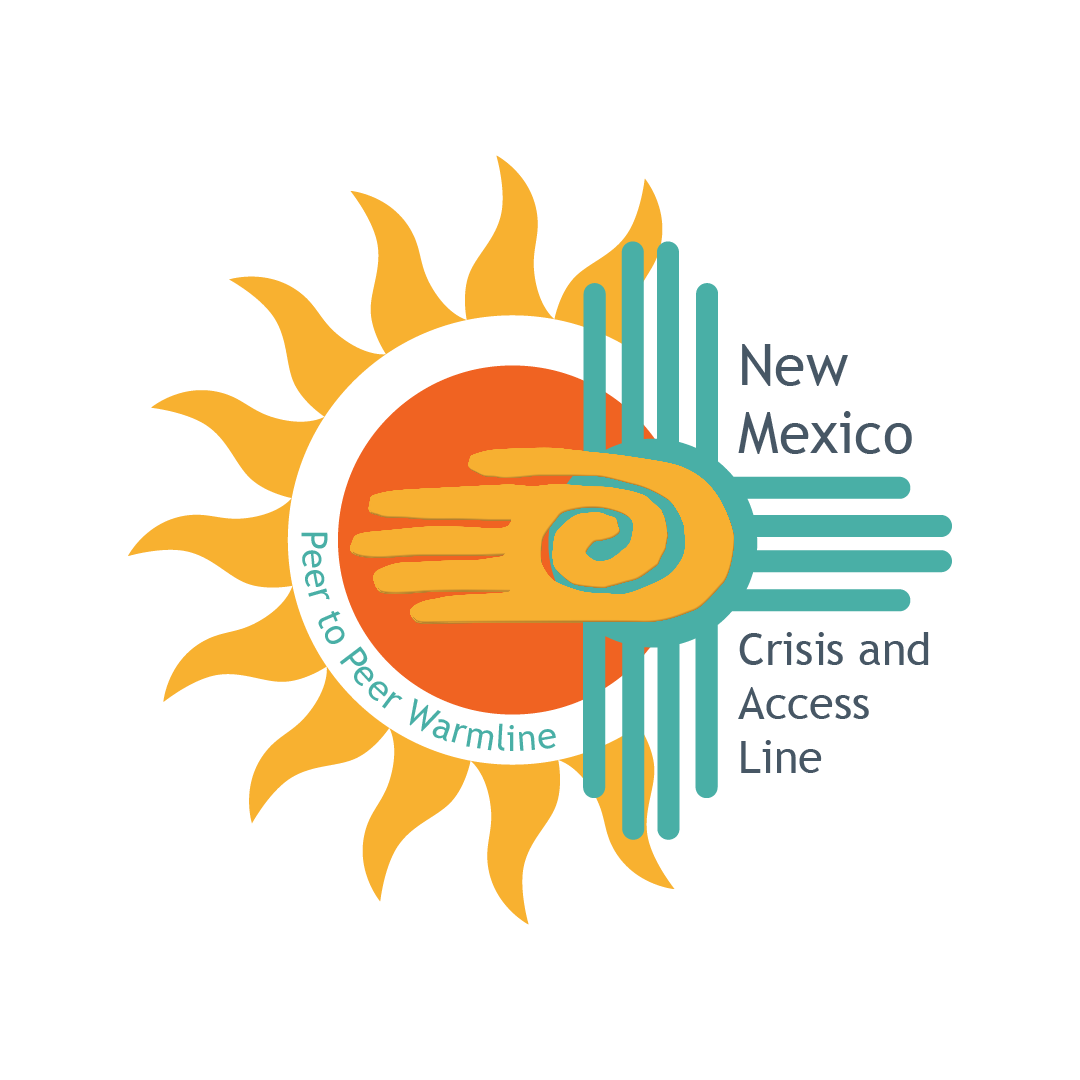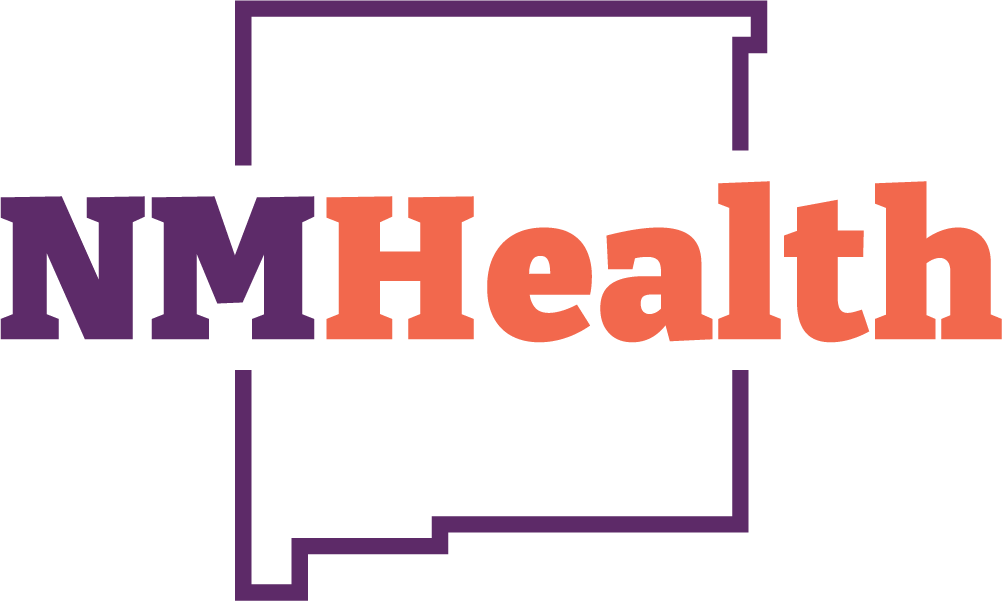Memorial Day & Mental Health Awareness Month: As we gather to celebrate Memorial Day on Monday, let us not forget that May is also Mental Health Awareness Month. This is very important to remember because even though Memorial Day honors members of our armed forces who died, many of our surviving Veterans came home and continue to come home with Post Traumatic Stress Disorder and other mental health issues. Some remain paralyzed and/or damaged by the memories and impact of being in a war zone. Many who died, also left behind family and friends who struggle with mental health issues so the impact is universal. The global impact of the coronavirus pandemic has taken a toll on our collective mental health. Many are struggling. Depression, Insomnia, drug addiction, and suicides are up. How do we cope? How can we help? Throughout this post, we will offer tips and resources for those in need.
Memorial Day: What do we know about it? On Memorial Day – we honor the brave men and women who served this great country and paid the ultimate price by giving their lives so we can live free. We honor and remember those who returned as survivors, witnesses, patriots, scarred. We honor all our servicemen/women around the world. Originally called Decoration Day, this special holiday began in response to the great loss of life during the American Civil War which, at its conclusion in 1865, had claimed the lives of over 620,000 men. In the early days, women would place flowers on the graves of fallen soldiers. By 1868, Major General John A. Logan designated it as an official day of remembrance. In 1971, it became a federal holiday. In case you don’t know this, Memorial Day honors American servicemen/women who lost their lives at war while Veterans Day honors all who served; alive and otherwise.
On Memorial Day, we pause to honor and remember all the brave souls who paid the ultimate sacrifice – they gave up their lives so the rest of us can enjoy all the freedoms and advantages that come with living under a system that upholds the democratic process. Each casualty of war or MIA leaves behind loved ones, family members, and memories of what could have been… Their loved ones hold on to the hope that their death was pain-free, not in vain, or that the MIA status will one day change. It rarely does. Each Memorial Day becomes a harbinger of reminders of loved ones lost to wars.
If you, or someone you know, are struggling with mental health concerns know that there is always support available at NMCAL. Call us at 855-662-7474
Mental Health Awareness: What do we know? Did you know that over 300 million people suffer from depression globally? And that it is the second leading cause of death among 15-29-year olds? If you look around you or think about it carefully, you or someone you know has had a bout of depression over the years. Some are even diagnosed as clinically depressed and the treatment is long term. The truth is that we are all the faces of mental health, which includes depression. It looks like YOU, ME, and EVERYONE out there and there is help. Of course, the sad part is that, quite often, we hide behind the stigma that is attached to this and every other form of mental illness when we should not. You did nothing wrong and it is NOT your fault. Like every other illness of the mind and body, we need support, information, and intervention.
How Can You Cope with Mental Health Concerns? Everyone experiences varying levels of stress, depression, and sleeplessness from time to time. Being and staying present and finding ways to enjoy the life you have now is important to help yourself as you cope with mental health concerns. Restful sleep is part of that equation. As you sort out your concerns, health matters, personal goals, and other demands, you must make room for rest/sleep/relaxation. It is imperative if you want to maintain optimum health and not fall ill or become depressed.
Yes, there can ne times when life is more challenging. During these times find ways to help keep stepping one foot in front of the other. Consider participating in a restorative yoga class, take a walk, dance, read, listen to music, pray, meditate, exercise, etc… And think about if you might need more sleep? Here are 10 helpful tips to Get Good Sleep: 1. Stick to a strict sleep schedule. 2. Practice a relaxing bedtime ritual. 3. Avoid naps 4. Adjust temperature. 5. Avoid alcohol and heavy meals. 6. Dim all lights 7. Only sleep in your bed not the living room sofa. 8. Make gradual adjustments. 9. Sleep on a good mattress. 10. Avoid all caffeine. Where are you struggling with on this list? I need fewer naps and more sleep.
Who do you reach out to for support? If according to the National Institute of Mental Health, nearly one in five U.S. adults lives with a mental illness, we can offer pockets of hope by encouraging people to share information on resources available to our surviving servicemen/women and their loved ones. Support the efforts of those who are thriving and those who are struggling. Hope keeps survivors fighting to stay alive and comes in many forms; through grace, the kindness of people and opportunities to heal. Hope comes in the form of Tragedy Assistance Program for Survivors, TAPS, which was created in 1994 by Bonnie Carroll after the tragic death of her husband, Brig. Gen Tom Carroll, in a plane crash. TAPS offers a variety of resources to the loved ones/family of military staff. They provide comprehensive care including services and programs such as peer-based emotional support, casework assistance, crisis intervention, and grief and trauma resources. They give help, hope, and healing to families who have lost a loved one/family member. Their toll-free hotline is 1-800-509-TAPS (8277).
How can we be of help? For those battling depression, post-traumatic stress disorders, and/or feeling suicidal, both Hopeline and AFSP – American Foundation for Suicide Prevention provide great resources and immediate help to veterans and their families. Hopeline was started in 1998 by Reese Butler after the death of his wife, Kristin, by suicide. His goal has remained “to offer HOPE and the option to LIVE to those in the deepest emotional pain.” AFSP has been involved in several suicide prevention initiatives and provides groundbreaking research, educational campaigns, innovative demonstration projects, and important policy work. It advocates for policies and legislation at all levels of government bringing awareness and change to the subject of suicide prevention. The toll-free number for the National Suicide Prevention Lifeline is 988. You can call or text anytime when you need support.











